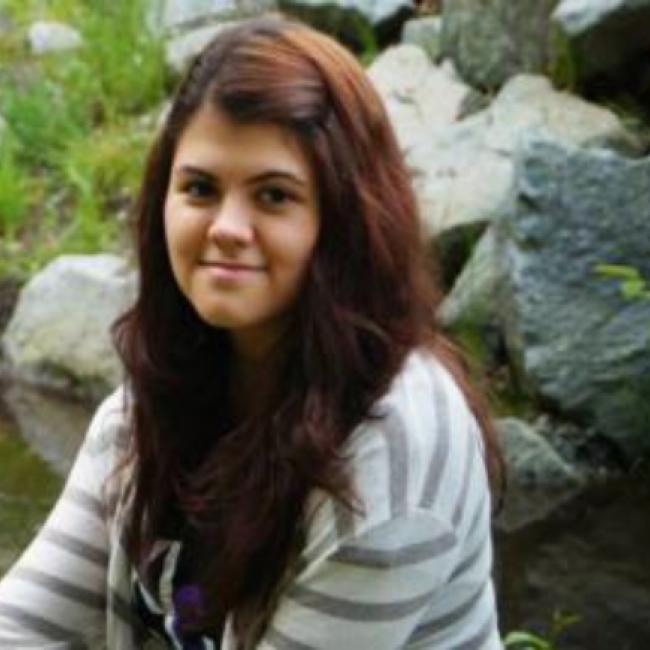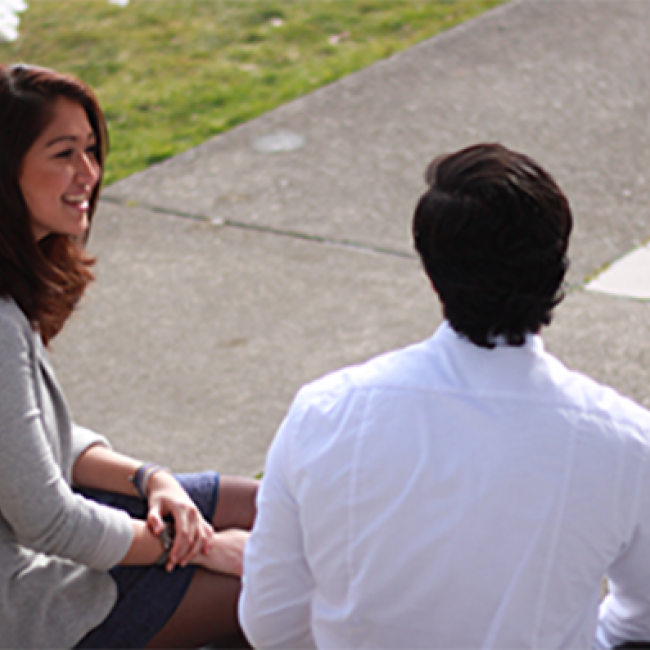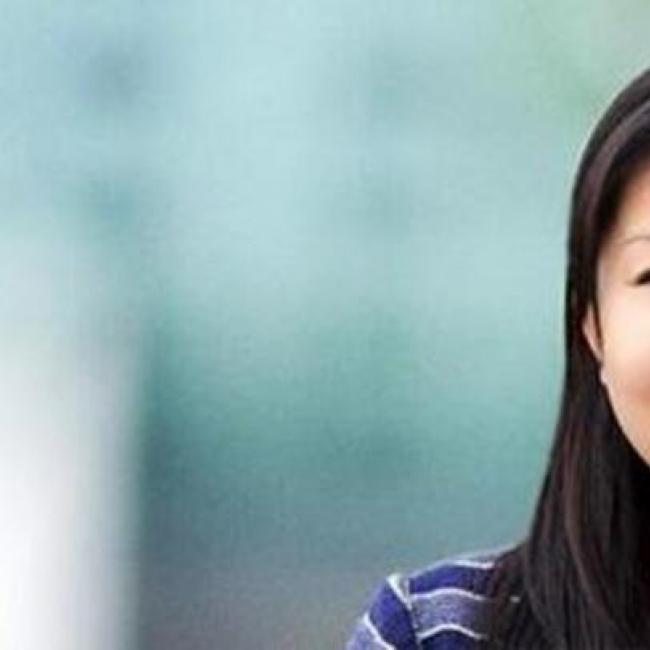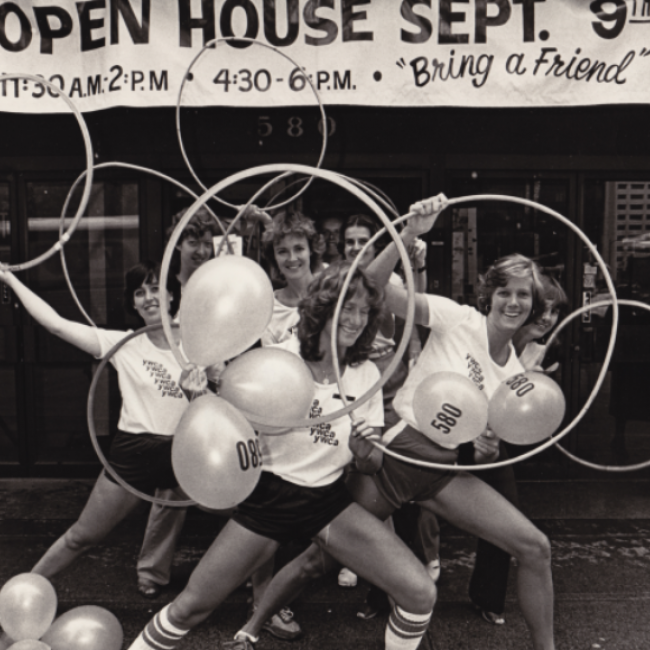
Do you like to gamble? I know I don’t. I’ll only play with friends, and only if I risk losing pennies. I’ll play if the stakes are low. But, what if the stakes were raised? What if your dream job was on the table? I don’t know how often I have seen an individual, all dressed up, wandering about a shopping area dropping resumes off at every store they pass. I can see the logic, it’s like going all-in on both red and black, but there’s always that green tile. And if you’re dead-set on that one job, this tactic just goes out the window. I don’t know about you, but I don’t like gambling for pennies, so I can’t imagine why a person would leave an application to their dream job up to chance. You may be able to speak eloquently for yourself in an interview, but employers already cut candidates behind the scenes before even meeting those select few. Wouldn’t there be some benefit in learning how to count the cards (to keep with the analogy)? To find out how a resume is evaluated so that you can make your resume speak for you, and increase your odds of getting an interview?
Daniel Khun has been a Certified Human Resource Professional (CHRP), for 13+ years and currently works with a company called Norampac. I sat down with him to find out how businesses analyze resumes and choose who to interview.
Do you interview everyone who applies for a position?
“No. If 20 people apply for a position, maybe 5 or 6 will come in for an interview, and of those, 1 or 2 may be hired. Your resume goes through a resume review, a phone screen, and finally leads to an interview. Afterwards, there may be a test or evaluation, a second interview, and then a job offer.”
What is the first thing that you look at when evaluating a resume? And what do you focus on when deciding who to bring in for an interview?
“The first thing to be evaluated is the resume’s work experience. The experience should be relevant and there should be no unexplainable gaps, the rest is examined in further detail or put aside based upon a quick scan of this section.
Even if a person has no experience in the field that they are applying to, this section should highlight relevant experience that could apply to the position gained elsewhere. If you learned how to work in a team environment on a school sports team, use your resume to show how that applies to the position you’re applying for.
A checklist of prior work history reads like a checklist; try to include behaviour-based examples or stories with outcomes to express what you learned and how you behaved in that situation. The employer wants to know if you’ll fit in at their company. Having specific stories and examples also prepares you for when you get the interview.”
Do you have any advice for students looking to get an interview?
-
“Focus on tailoring your resume for the job.
-
Always use a cover letter, it should introduce your resume, not you.
-
Follow up with whoever you gave your resume to, ask them what they thought or if they had any questions.
-
Remember: You’re applying for an interview.
-
Research the company: what they do, what sort of personalities they’re after, and what you’ll be doing there. Don’t be afraid to call them and ask if you don’t know.
-
Always be consistent. There is nothing worse for an employer than to call a person and for them to respond, “Sorry, who is this?” The employer immediately knows that you don’t have your heart set on the position.”
Before even meeting you, your resume has been screened twice. If you want the job, it’s important that you tailor your resume to increase your chances of passing these first cuts. You can sell yourself in person, but your resume has to get you there.
If you’re looking for more resume advice check out the Career Services links provided below. Career Services offers advising appointments on topics such as resumes and even host regular career-orientated workshop events every semester.
Beyond the Blog
-
Career Peer Educators - sfu.ca/career/contact-us/career-peers.htm




















